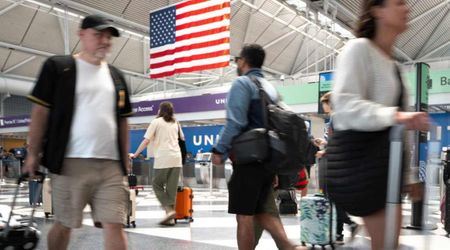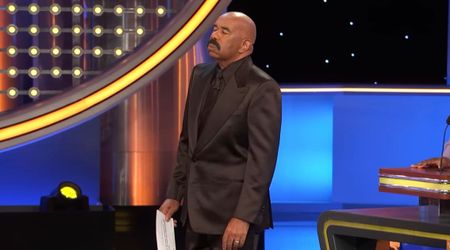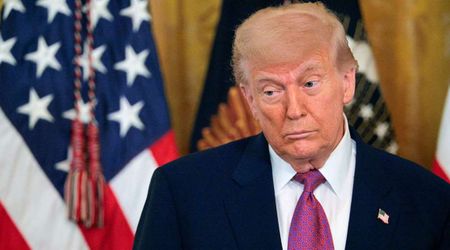Woman Exposes Publishers Clearing House Scam After Receiving Bogus Check and Grand Prize of $750K

Penny Kuehl, a resident of Jefferson, Wisconsin, received a letter from Publishers Clearing House containing a check for $7,800.45, along with a congratulatory message claiming she had won a grand prize of $750,000. However, Kuehl found the letter suspicious as she had not entered any contests or filled out any documents that would warrant such a cash reward. Concerned about the legitimacy of the letter, she reached out to the Public Investigator for assistance.

"I just thought it was kind of a weird letter," Kuehl said. "I’ve gotten letters from them before about their contest, but this one seemed kind of fishy." The letter instructed Kuehl to contact a claims agent and participate in a "payment arrangement" to receive her cash reward. Additionally, it demanded confidentiality regarding the details of the letter and payment until the cash payment was processed. Attached to the letter was a $7,800 "sponsorship check" to cover out-of-pocket expenses. However, Kuehl noticed several grammatical and spelling errors in the letter, raising further suspicions.
In response to inquiries, Publishers Clearing House confirmed that Kuehl's check and letter were fake. Christopher Irving, the vice president of consumer and legal affairs at Publishers Clearing House, emphasized that the company never sends checks to inform prize winners. Legitimate winners are surprised by the company's "Prize Patrol," who present a large check, flowers, and champagne.
Irving also highlighted that checks issued to prize winners would not reference third-party organizations, unlike the one received by Kuehl, which was issued by Farmers Property and Casualty Insurance Company. Unfortunately, Kuehl isn't the only victim of such scams, as thousands of Americans fall prey to mail fraud scams annually.
According to a report by the Federal Trade Commission, over 42,000 Americans lost a total of $81 million due to mail fraud scams in 2023. The U.S. Postal Service warns that letters requiring recipients to pay a "gift tax" or external payments to claim a prize are often red flags for fraudulent activity.

Jeremy Leder, a U.S. Postal Inspector, advises individuals to remain cautious and avoid engaging with scam mail. "The more you engage, the more letters and phone calls you will receive," Leder said. He also suggests reducing exposure to marketing and sales situations to minimize the risk of being targeted by scammers.
Furthermore, experts recommend evaluating letters to determine the legitimacy of contests or prize claims. Letters that request money, payment transfer fees, or exhibit suspicious behavior should be treated with skepticism. In Kuehl's case, the letter listed several organizations as affiliated sponsors, which experts warn could be an attempt to establish legitimacy falsely.
Although Kuehl never intended to cash the check, she hopes her experience can raise awareness and prevent others from falling victim to similar scams. "I have won one contest in my life, quite some time ago," Kuehl shared. "But other than that, I'm not real lucky at winning, so I just don't enter."
A similar incident happened recently in which a viewer received a letter claiming they had won millions of dollars from Publishers Clearing House. The letter, seemingly authentic, included a check for $9,800 and instructed the recipient to call a claims manager before depositing the check. However, the victim soon discovered that the check was fake, and they were left responsible for the thousands of dollars they had sent away.
The scammer preys on the ease of easy money, tricking victims into believing they have won a substantial prize. The modus operandi involves sending fake checks to recipients, who are then instructed to deposit the funds and return a portion to cover taxes and fees. However, once the bank realizes the check is counterfeit, the victim is left facing financial losses.























